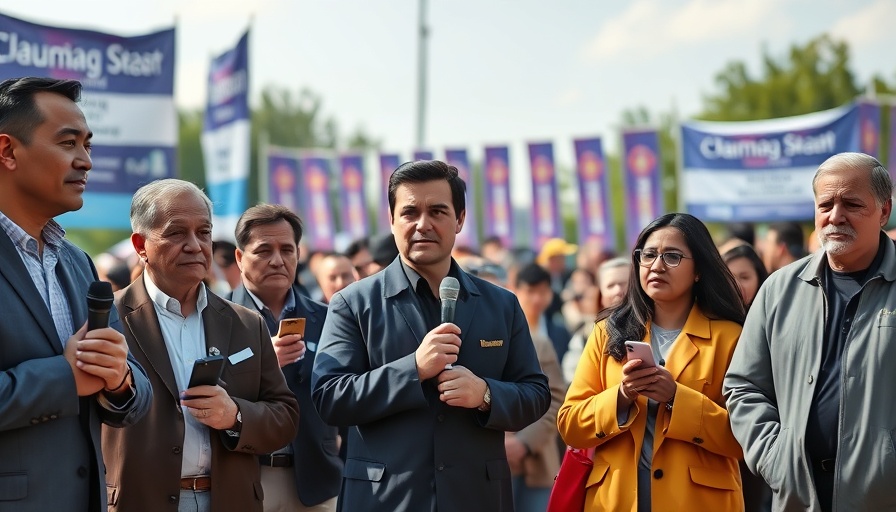
Shocking Revelations from Hostages: A Call for Awareness
In a very revealing investigation, a total of 15 hostages from Gaza have come forward, shedding light on the horrific sexual violence that took place during their captivity. These firsthand accounts illustrate how rape and sexual abuse were tragically used as tactical weapons by Hamas during the October 7 assault on Israel. Such despicable acts are now gaining more attention as the hostages speak out, seeking to tell the world about their suffering and survive a harrowing ordeal.
The Hidden Stories of Pain
Many of these stories remained hidden for months, tucked away behind the barriers of fear and trauma. This investigation into the systematic sexual violence reported by these brave individuals serves as a reminder of the severe humanitarian crisis ongoing in Gaza and the West Bank. It raises critical questions about how such brutal tactics can be considered acceptable in any circumstances, let alone within the context of conflict.
Rape as a Weapon: A Historical Perspective
This tactic of using sexual violence as a weapon of war is not new; history has repeatedly shown similar patterns in various conflicts around the globe. Awareness of these tactics can provide essential context for understanding current conflicts. From the atrocities committed in the former Yugoslavia to the ongoing issues in Syria and Rwanda, the utilization of sexual violence has often been employed to instill fear and assert power over communities.
Humanitarian Response: The Role of Global Advocacy
The testimonies of these 15 hostages serve as a crucial call to action for humanitarian advocates. It emphasizes the urgent need for social justice initiatives that address and prevent sexual violence in conflict zones. Organizations focusing on the rights and support of victims of such violence can play an instrumental role in ensuring their stories are not forgotten and that actionable steps are taken to protect individuals caught in conflict.
Faith in Action: The Role of the Church
For mission-minded Christians, this situation challenges their faith to take action. This kind of violence calls for a compassionate Christian response aimed at advocating for peace and healing. The church, as a body of believers, is called to intercede not only in prayer but through tangible support for victims of violence and conflict. Engaging with initiatives that focus on healing and rebuilding can provide hope and foster unity.
What Can We Do? Actionable Steps
As we learn about the unimaginable circumstances faced by these hostages, individuals can consider how they might help in practical ways. Supporting organizations that amplify the voices of victims, volunteering for advocacy programs, or even educating oneself and others about the impacts of war on individuals and communities are important first steps. Engaging in interfaith dialogues can bridge gaps in understanding and foster unity among diverse groups.
Reflecting on Our Role in a Global Community
In a world that often witnesses violence and injustice, it becomes essential to grasp the gravity of these situations and reflect on our roles within the broader global community. Sharing these stories and supporting the victims is not only an act of compassion but an affirmation of our shared humanity.
This profound saga of survival and courage invites us all to engage with these difficult realities. While these hostages speak out, let us also listen and act in ways that provide hope and healing for a tortured community. Together, we can create a movement of awareness that champions change and advocates for the voiceless.
As you consider these stories, I encourage you to dig deeper into the complexities of this situation. Learn about the organizations making a difference, engage in discussions surrounding these issues, and reflect on ways to support those affected by the turmoil in the Middle East.
 Add Row
Add Row  Add
Add 








Write A Comment